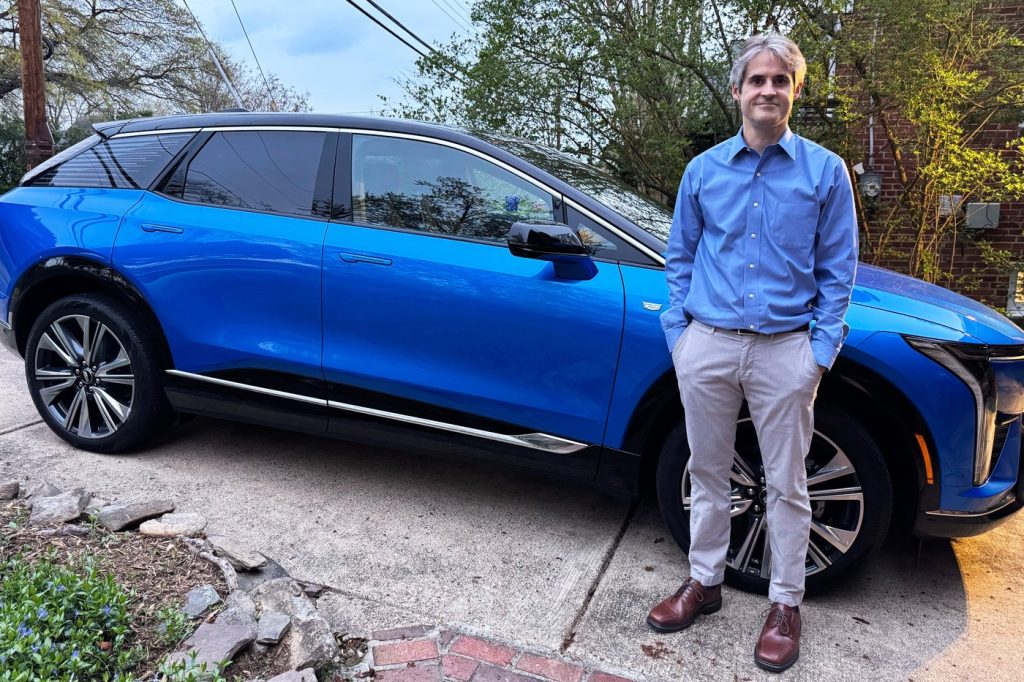John Gutierrez, a resident of Austin, Texas, had been contemplating the purchase of a new laptop for over a year. As a photographer, he required faster processing and larger storage capacity, and he had his eye on a laptop from a Taiwanese brand. On the day President Donald Trump announced a significant import tariff of 32% on goods from Taiwan, Gutierrez decided to make the purchase. He ordered the laptop, priced at $2,400, from a retailer in New York that specializes in photo and video equipment.
Gutierrez remarked, "I thought I’d bite the bullet, buy it now, and then that way I’ll have the latest technology on my laptop and don’t have to worry about the tariffs." He was just one of many American consumers who rushed to secure large purchases before the new tariffs took effect. Economists warned that these tariffs are likely to increase prices for various everyday items, potentially leading to weakened economic growth in the U.S.
The White House expressed hopes that these tariffs might push countries to open their markets to more American exports. This strategy could lead to negotiations that might reduce the tariffs or encourage companies to increase domestic production to avoid higher import taxes.
Rob Blackwell and his wife were also in the market for a new vehicle capable of handling long trips from Arlington, Virginia, to visit their son at college. Their older electric vehicle was no longer adequate for long drives, as it was soon to be used by their daughter. Blackwell had been monitoring the tariffs closely and stated, “I have been telling my wife that for some time we were going to need to do it.”
Initially interested in another electric vehicle, Blackwell concluded that leasing was more economically sensible due to the ever-evolving technology in the EV market. Specifically, he had set his sights on the new General Motors Optiq, an American-made car but manufactured in Mexico, which could be affected by tariffs on supply chains that might increase costs.
Aware of the impending tariff announcements, the couple planned to lease a vehicle over the previous weekend. Blackwell noted that the dealership honored their agreement despite the tariffs being finalized. However, he observed a shift in the salespeople’s attitudes, realizing that the market was rapidly changing. "They know what we know, which is suddenly it flips from a buyer’s market to a seller’s market very quickly," Blackwell stated, adding that he was pleased with his decision to lease the vehicle.
Lee Wochner, the CEO of Counterintuity, a marketing and strategy firm based in Burbank, California, also found himself needing a new car. He wanted a more presentable vehicle for business meetings but had delayed the purchase due to a busy schedule. On March 27, he urgently requested a vehicle from his car broker, stating, "Ed, I need a car pronto and it’s got to happen by Sunday."
The broker provided him with several options, and Wochner ultimately leased an Audi Q3, which was delivered to his home that Sunday. He calculated that by leasing before the tariffs were enforced, he saved approximately $4,300. Wochner commented on the aggressive behavior of dealerships following the tariff announcements, revealing that some were renegotiating existing deals due to concerns over inventory prices. He asserted that prices are likely to keep climbing, attributing it to a loss of trust in the U.S. within the international trade market.
Wochner advised potential buyers, “If you need a new car, if you can get that pre-tariff deal still, you should go get it, because who knows what next Wednesday might be like.”










